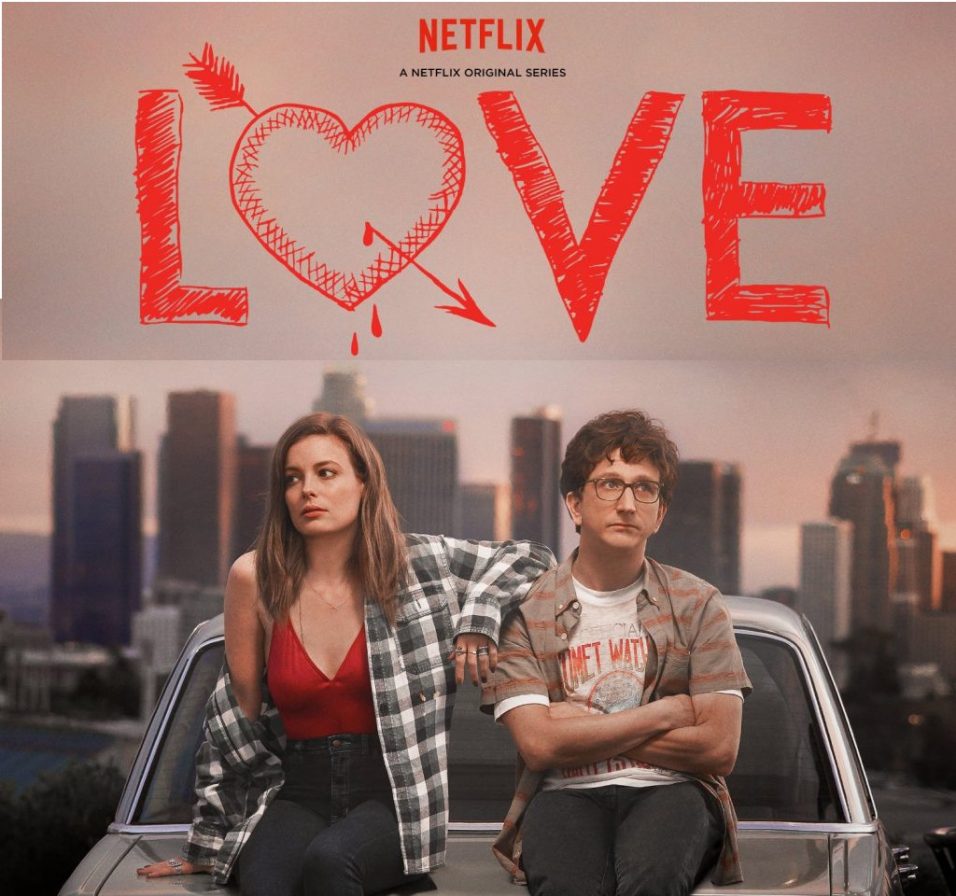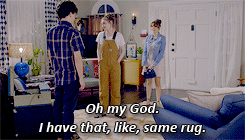I Can’t Quit You

Just about every writer has That Book. You know the one: You started it when you were a much younger person, filled with hope. It keeps dying on the vine. Sometimes you make it 50,000 words through before it melts away like an ice cream in the rain, sometimes you write 65 versions of the first paragraph before setting yourself on fire.
But you always go back.
You go back because there’s something there. Maybe it’s a premise you love, but can’t make work. Maybe it’s a character that continues to live in your brain rent free. Maybe it’s just some especially good writing you haven’t been able to marry to a coherent story yet. Whatever the reason, the project goes in and out of drawers and recent files lists, never quite abandoned, never quite finished.
The Balance
I have a writer friend who has been working on the same novel his entire life. Literally, one novel. He’s written a very small number of other things, but this one novel has been his obsession for decades. Technically, he’s finished dozens of versions of it — complete, coherent novels. But he’s never quite satisfied, and he keeps going back to it and starting over. He tries different approaches, tweaks the characters, updates the setting, changes the rules. Sometimes he stops work on it for years at a time and just lives his life, not writing anything.
That last part is alien to me, but I wonder sometimes if I should take a note or two from the rest of his approach. I’m generally a fast writer. I like my first drafts (probably too much) and usually tear through a story pretty quickly. But I wonder sometimes if I shouldn’t, if maybe I might benefit from letting more stories sit and marinate for long periods. But who has time? I’m going to die someday, kids. I can’t take the risk that I’ll be leaving a notebook filled with idea I never got around to working on.
I do have a novel I can’t quit. It’s been two years now, which I know for some writers isn’t very long, but for me that’s unusual. I love all the parts of the novel, but I don’t like the whole they Voltron into. And so I keep putting it aside, then tearing it open and trying to find a new path for the characters and setting and bits of business in there that I do love.
I’m not sure this book will ever be a success, but unlike almost all my other weird failures, this one is still alive in my head. Usually when I hit a certain level of frustration with a book I start to drift away from it, and slowly forget it. Sometimes, if I’m 95% to an actual novel, I’ll put in the effort to cruft up a serviceable ending because I’m a completist, but that’s with the full knowledge that the book is going into a drawer probably forever after that. But this one keeps whispering to me that there’s a plot that will pull it all together, I just have to find it.
Strategery
So, if you’ve got a book that won’t gel but also keeps flopping around, refusing to suffocate, what can you do. Here’s how I’m going to try and get this thing finally off the ground:
1. Plantsing. As some of you no doubt know, I’m a Pantser by nature. I take an idea and run with it, and sometimes after several months of running I have a novel, sometimes an enormous mess. But when I’ve got a novel that’s a hot mess like this one, it can sometimes be very helpful to chart the plot I have, then plot out the rest of the book. The shift in approach often clarifies things.
2. Brain Salad Surgery. Sometimes when your plot sputters out halfway through like this, the problem isn’t figuring out where to go next, but to figure out where you went wrong 100 pages ago — or even further back. So if the Plantsing doesn’t yield fruit, I’ll probably try starting fresh with a brand new beginning, then slowly fold in stuff I like from later in the story. Sometimes that jolts things back to life.
3. Go Episodic. And sometimes the solution is to just keep writing. Just keep writing little vignettes and short stories and subplots and backstory and whatever else I can think of. The material produced probably ends up being cut in the theoretical future of this novel, but in the mean time my Underbrain might tease a solution out of the material. And if nothing else, some of those episodes might turn into standalone short stories.
I’ll keep y’all posted. In the mean time, if you’re working on a novel that just won’t give in and become great (or at least coherent), maybe try one of these tricks. Now if you’ll excuse me, I have to start drinking. Don’t look at me that way. It’s my process.









